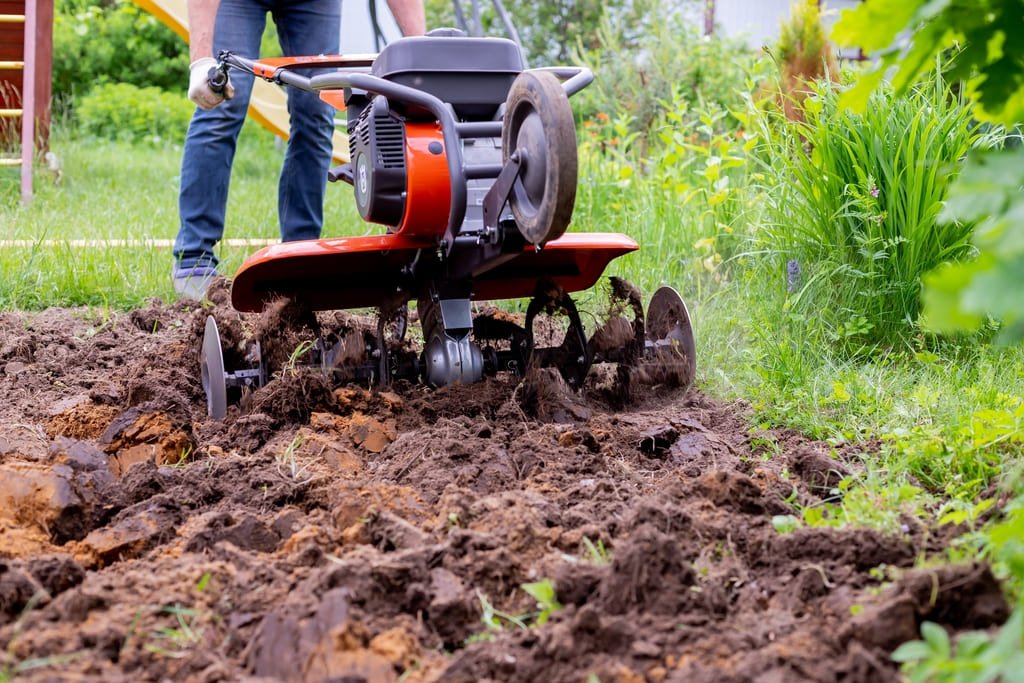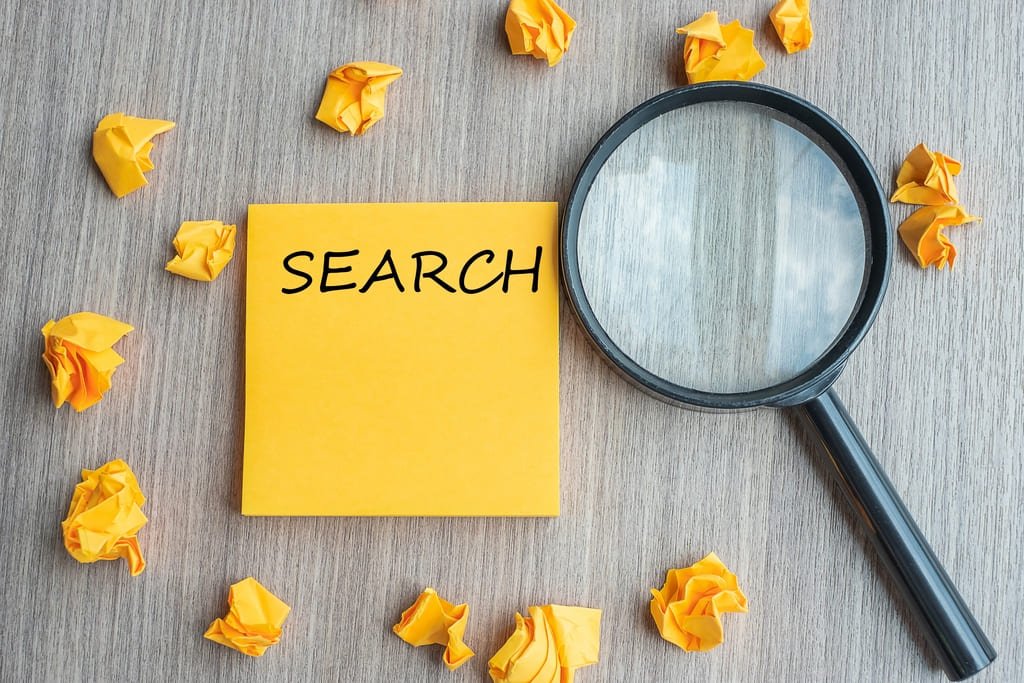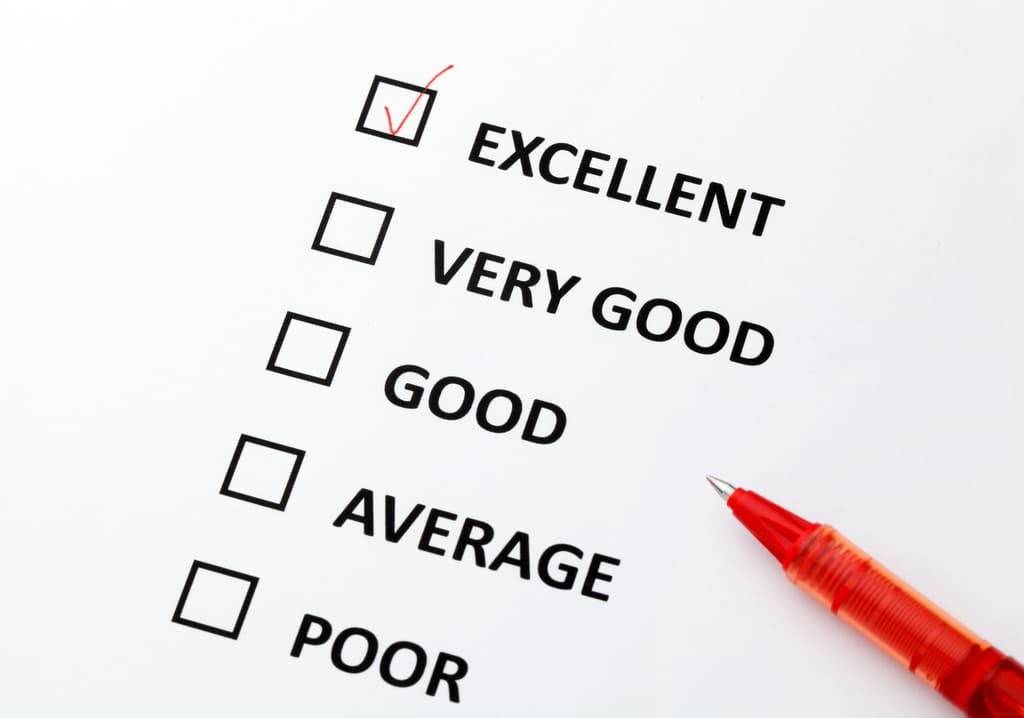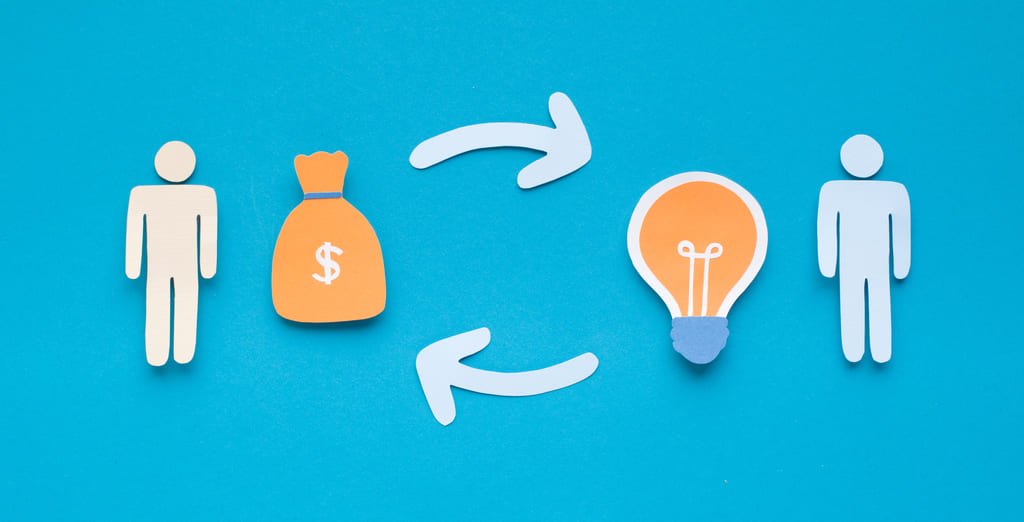The choice of the right supplier is one of the most important decisions any business can make, especially when it comes to international trade. Making the wrong choice can lead to a host of problems including poor product quality, delayed shipments, and communication problems - all of which can spell disaster for your business. So, how do you make sure you make the right choice? Let me show you how.
To choose the right supplier, you need to define your needs, research potential suppliers, evaluate their product quality, compare their prices, evaluate their reliability, consider logistics and shipping and evaluate their payment terms and after-sales support. Each of these steps is important and must be carefully done. Let's look at each one in more detail so that you can make the best choice.
When dealing with international B2B trade, the stakes are high and the challenges are many. The right supplier can make the difference between success and failure. Let's make sure you are on the path to success.
1. Define Your Needs
The first and most important step in selecting a supplier of agricultural power tillers is to define exactly what you need. This step will form the foundation of the entire supplier selection process and will ensure that you only consider those suppliers who can meet your specific needs.

Consider the following:
- Product Specifications: You need to clearly define the technical specification for the power tillers you need. For example, if you are going to supply power tillers to areas with heavy clay soils, you may need tillers with higher horsepower and reinforced blades. On the other hand, if you are going to focus on smallholder farms in Southeast Asia, you may need lighter, more versatile tillers that are easy to maintain.
- Market Compliance: You need to know what certifications and compliance standards are required in the markets you are targeting. For example, if you are going to sell in European countries, CE certification is required. However, in some African markets, CE certification may not be so important but what is important is that the tiller is durable and that it can be easily serviced locally.
- Customization Requirements: You need to know if you need any customizations. For example, do you want your brand name on the tiller? Do you want any attachments that are not normally included with the tiller? Do you need the tiller to be modified in some way so that it is better suited to farming techniques that are commonly used in the area you are targeting? For example, you might need a tiller that is suitable for paddy field cultivation or hilly terrain farming, etc.
- Order Volumes: You need to know what your minimum and maximum order quantities are. In other words, how many tillers can you sell now and how many do you think you can sell in the future? By defining your order volumes you will immediately rule out those suppliers who are not large enough to supply you or, conversely, those who are too large.
- Budget Constraints: You need to know what your budget is. This should not only include the cost of the tillers but also other costs such as shipping, duties and any other services you may need such as extended warranties, etc.
By defining your needs in these areas you will ensure that your search for a supplier is focused and efficient and that there will be fewer problems later on.
2. Research Potential Suppliers
Okay, now we know what we need, the next step is to find out who can supply it. In other words, we need to know who makes and/or sells (for the purpose of this book I will use the term "supplies") the type of tiller we need.

Here are the best ways to find potential suppliers:
- Google Searches: The best way to find potential suppliers is to do a Google search. This is the best way because you can find a lot of suppliers and you can find them fast. The reason this method works so well is that Google's search algorithms are very good at separating the good websites from the bad ones. As a result, when you do a Google search you will be shown the best websites first. When you do your search use specific keywords, such as "customized agricultural power tillers supplier" and you will get a list of companies that can supply the tillers you need. This method is good because you can get a lot of information such as the names and addresses of the suppliers, their websites, customer reviews, and articles about the company.
- B2B Platforms: B2B platforms such as Alibaba, GlobalSources, Made-in-China, etc., are good because they have a lot of suppliers listed and you can see a lot of information about them such as their product listings, company profiles, and customer feedback. However, you have to be careful here because these platforms do not always screen their suppliers very well and some of the suppliers they list are not very good.
- Trade Shows and Industry Events: There are many trade shows for agricultural machinery. For example, there is Agritechnica in Germany and CIAME in China. Attending these shows is an excellent way to find suppliers. When you attend a show you will be able to see the products first hand, you will be able to talk to the suppliers in person, and you will be able to explain to them exactly what you are looking for. Shows are also a good way to make contacts and to find out what is new in the industry.
All of these methods are good but the best method is Google searches because it is fast, you can get a lot of information and it is usually the most reliable. However, the other methods are also good and, by combining all three, you will have a better chance of finding the best possible supplier.
3. Evaluate Product Quality
Okay, now we have a list of potential suppliers. (People who can supply the type of tiller we need.) The next step is to find out how good their products are. In the case of agricultural machinery, as we have already discussed, the quality of the product is paramount. If the tillers you sell are not of a high standard, you will have a lot of problems. For example, they will break down and your customers will be very angry.
Why is product quality so important?
Product quality is critical for several reasons. First, if the power tillers you sell are not good then they will not do a good job. For example, one of the key functions of a power tiller is to break up the soil. If the tiller is not powerful enough to do this then it is no good. On the other hand, if the tiller is too powerful it will tear up the soil, (as opposed to breaking it up) and this is also no good. Another thing is that, if the tiller is not well designed it will be difficult to use and difficult to repair. So, as you can see, the quality of the tiller is very important.
What to look for?
One of the main things you need to do is to find out what kind of quality control procedures (if any) the supplier has. Here is what you should do:
- Ask for information: Ask the supplier to provide you with a written statement about their quality control procedures. What you want to know is what stages of production are inspected, what they are inspected for, and what the standard is. For example, you want to know if the engine is tested, and if so, what tests are done and what the standard is.
- Factory Audits: If possible, you should visit the supplier's factory and see for yourself what kind of quality control procedures are in place. For example, you should look to see what kind of equipment is being used, what condition the factory is in, and what kind of raw materials are being used. In short, you should try to see what is really happening.

How can you make sure the supplier's products meet your quality standards?
To make sure that the supplier's products meet your quality standards you may want to do one or more of the following:
- Request samples: Before you place a large order, you should get some samples and test them yourself. This is a good idea because you will soon see if the tiller is any good or not.
- Third party inspections: You can hire a company to inspect the goods before they are shipped. This way you will know what the quality is like before it is too late.
- Continue monitoring: If you do decide to place an order with a supplier, you should have a system that allows you to continue to monitor the quality of the product. For example, you may want to have a third party inspect the goods at regular intervals.
4. Compare Pricing Structures
Okay, now that you have found out which suppliers have the kind of quality you are looking for, the next thing you need to do is to find out how much they are going to charge you for their products. Of course, the price is very important but I think you will find that, in most cases, the supplier who offers the best price is not usually the best supplier.
Different Kinds of Prices
When you are comparing prices you will find that there are three main ways that suppliers quote prices.
- Unit Pricing: This is the basic cost per item. This cost will vary depending on the number of pieces you buy. In addition, this cost may also vary depending on what kind of customization you require. You should also know exactly what is included in the unit price. For example, does the price include all standard accessories? What about standard packaging?
- Bulk Discounts: Many suppliers will give you a discount if you buy a lot of pieces. You need to discuss this with the supplier and get him to agree to a certain discount in writing.
- Additional Costs: You should also determine if there are any additional costs that are not included in the price the supplier has given you. For example, you need to determine what the shipping costs are. You also need to know if there are any taxes, customs duties, or other fees. Finally, you need to know if the supplier charges for anything else such as extended warranties, additional customizations, etc.

How to Balance Cost with Quality?
Of course, you want to pay the lowest price you can but you should not make the mistake of choosing the supplier with the lowest price. As a general rule, you want to choose the supplier who offers the best value. Here are a few things to consider:
- Total Cost of Ownership (TCO): Sometimes it is better to pay a higher price for an item if the total cost of ownership is lower. For example, it may be that a more expensive model of tiller has cheaper spare parts, requires less maintenance, and has less downtime.
- Cost vs. Value: It may be that the supplier with the higher price is actually the best supplier because his products are superior and/or he offers better service. For example, perhaps he has an office in your country and provides a good after-sales service. In this case, his higher price may be justified.
- Negotiation Strategies: Don't be afraid to negotiate. For example, you may be able to negotiate for better payment terms. You may also be able to negotiate for a larger discount. If the supplier is really good you may be able to get free spare parts or an extended warranty.
How to get the best possible deal while still ensuring high quality
To get the best possible deal while still getting high quality you may want to consider doing one or more of the following:
- Be Honest: Be honest with the supplier. Let him know exactly what you are looking for and how much you are willing to pay for it. You will be surprised to find that many suppliers will work hard to give you what you want.
- Long Term: It is possible to negotiate better terms if the supplier thinks that he can make a long-term profit from you. For example, if you can convince the supplier that he will be able to sell you 10,000 pieces a year he may be willing to give you a better price.
5. Consider Logistics and Shipping
The way your supplier ships your products is one of the most important aspects of your business. Bad shipping can raise your costs and decrease your profits. It can cause you to run out of stock and miss sales. It can make your customers very unhappy. In short, bad shipping can harm your business.
Good shipping is important for a number of reasons. One of the most important reasons is that you have to be able to get your products at a good price. Another reason is that your products have to arrive in good condition and on time. Here are a few things you should consider:

- Sea Freight for Major Destinations: In most cases, your best option will be to ship by sea. This is especially true if you are shipping to markets such as South America, Africa, and Southeast Asia. Shipping by sea is very slow but it is also very cheap and, in the case of heavy machinery, it is usually the best way to go.
- Rail and Truck Transport for Central Asia: If you are selling in countries in Central Asia or other landlocked areas you may also have the option of shipping your products by rail or truck in containers. This method is somewhat faster than sea freight and less expensive than air freight.
- Logistics Partners: You should make sure that your supplier has good relationships with the people who do the shipping. For example, if you are shipping by sea, you want to make sure that your supplier has a good relationship with the shipping lines.
- Customs Clearance and Documentation: You should also make sure that your supplier can provide you with the necessary documentation to clear customs.
By carefully considering all of the above factors, you can make sure that your products are shipped on time and in good condition. This will save you money and help you to keep your customers happy. This will also help you to grow your business faster.
6. Review Payment Terms and After-Sales Support
The last thing you need to do is to decide how you are going to pay your supplier and what kind of after-sales service you are going to get.

Different Ways to Pay
- Telegraphic Transfer (TT): TT is a popular payment method, where payments are made directly from your bank to the supplier’s bank. TT is often used for transactions where a relationship has been established and there is a higher level of trust. Typically, a TT payment might involve a 30% deposit before production begins, with the remaining 70% paid upon completion or before shipment. This method is straightforward but requires careful timing to ensure your cash flow aligns with the payment schedule.
- Letter of Credit (LC): An LC is a more secure payment method, especially when working with a new supplier or large transactions. It involves your bank guaranteeing payment to the supplier once certain conditions, such as the delivery of goods and submission of documents, are met. While LCs offer more protection and reduce risk, they can be more complex and costly to set up, and might require additional time for processing.
The Importance of After-Sales Support
After-sales support is very important for a number of reasons. One reason is that you will need spare parts. Another reason is that you will probably need maintenance and repairs. Here are a few things you should consider:
- Warranty and Service Agreements: You should make sure that your supplier will give you a good warranty. For example, the supplier should provide a warranty that covers parts and labor for a reasonable period of time.
- Spare Parts Availability: You should make sure that your supplier can provide you with spare parts. Also, you should make sure that the parts are reasonably priced.
- Technical Support: It is very important that you have access to competent technical support. For example, you should be able to get help over the telephone if you have a problem. You should also be able to get good service if you need to have a mechanic come to your location.
By carefully considering the items above, you should be able to form a good relationship with your supplier that will benefit both of you.
Conclusion
The most important decision you can make is to choose the right supplier. If you do everything I have described in this guide you can be sure that you have done everything you possibly can to make a good choice. And, if you are successful, you will have a good chance of making a lot of money. Good luck!


